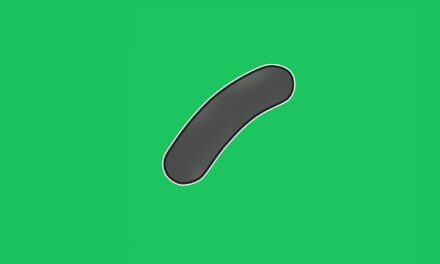Novel Drug Treatment Developed for Diabetes Shows Promising Results for Patients with Obesity and Obstructive Sleep Apnea
June 22, 2024 – Researchers at the University of California San Diego School of Medicine, along with international collaborators, have unveiled groundbreaking findings on tirzepatide, a drug initially developed for type 2 diabetes management. The study, published in the June 21, 2024, online edition of the New England Journal of Medicine, reveals tirzepatide’s potential as the first effective drug therapy for obstructive sleep apnea (OSA), a disorder characterized by repeated episodes of irregular breathing due to upper airway blockage.
Potential Impact on Sleep Apnea Treatment
“This study marks a significant milestone in the treatment of OSA, offering a promising new therapeutic option that addresses both respiratory and metabolic complications,” said Dr. Atul Malhotra, lead author of the study and director of sleep medicine at UC San Diego Health.
OSA, affecting nearly 936 million individuals globally, can reduce blood oxygen levels and increase the risk of cardiovascular issues, such as hypertension and heart disease. The results of this study could improve the quality of life for millions of people worldwide.
Obstructive Sleep Apnea (OSA)
OSA is a prevalent sleep disorder where breathing repeatedly stops and starts during sleep due to throat muscles failing to keep the airway open. Symptoms include loud snoring, restless sleep, and daytime fatigue. OSA significantly impacts quality of life and is linked to cardiovascular disease, diabetes, and hypertension.
Study Design and Findings
The study involved 469 participants with clinical obesity and moderate-to-severe OSA, recruited from nine countries, including the U.S., Australia, and Germany. Participants either used or did not use continuous positive airway pressure (CPAP) therapy, the most common OSA treatment. They were administered either 10 or 15 mg of tirzepatide or a placebo over 52 weeks.
Researchers observed a significant decrease in breathing interruptions during sleep in participants taking tirzepatide compared to those given a placebo. Notably, some participants reached a point where CPAP therapy might not be necessary. The drug also reduced cardiovascular risk factors and improved body weight. The most common side effect reported was mild stomach issues.
A New Era in Sleep Apnea Management
“Historically, treating OSA meant using devices during sleep, like a CPAP machine, to alleviate breathing difficulties and symptoms,” Dr. Malhotra explained. “However, its effectiveness relies on consistent use. This new drug treatment offers a more accessible alternative for individuals who cannot tolerate or adhere to existing therapies. We believe that combining CPAP therapy with weight loss will be optimal for improving cardiometabolic risk and symptoms. Tirzepatide can also target specific underlying mechanisms of sleep apnea, potentially leading to more personalized and effective treatment.”
Dr. Malhotra emphasized that having a drug therapy for OSA represents a significant advancement, offering an innovative solution and new standard of care for countless individuals and their families.
Next Steps
The next phase includes conducting clinical trials to examine the long-term effects of tirzepatide. This breakthrough opens the door to a new era of OSA management for people diagnosed with obesity, potentially transforming how this pervasive condition is approached and treated globally.
Reference: 21 June 2024, New England Journal of Medicine. DOI: 10.1056/NEJMoa2404881
Co-authors: Ronald Grunstein (University of Sydney), Ingo Fietze (University Hospital Berlin), Terri Weaver (University of Illinois Chicago), Susan Redline, Ali Azarbarzin, and Scott Sands (Harvard Medical School), Richard Schwab (University of Pennsylvania), and Julia Dunn, Sujatro Chakladar, Mathijs Bunck, and Josef Bednarik (Eli Lilly and Company).
Funding Support: Eli Lilly and Company.











